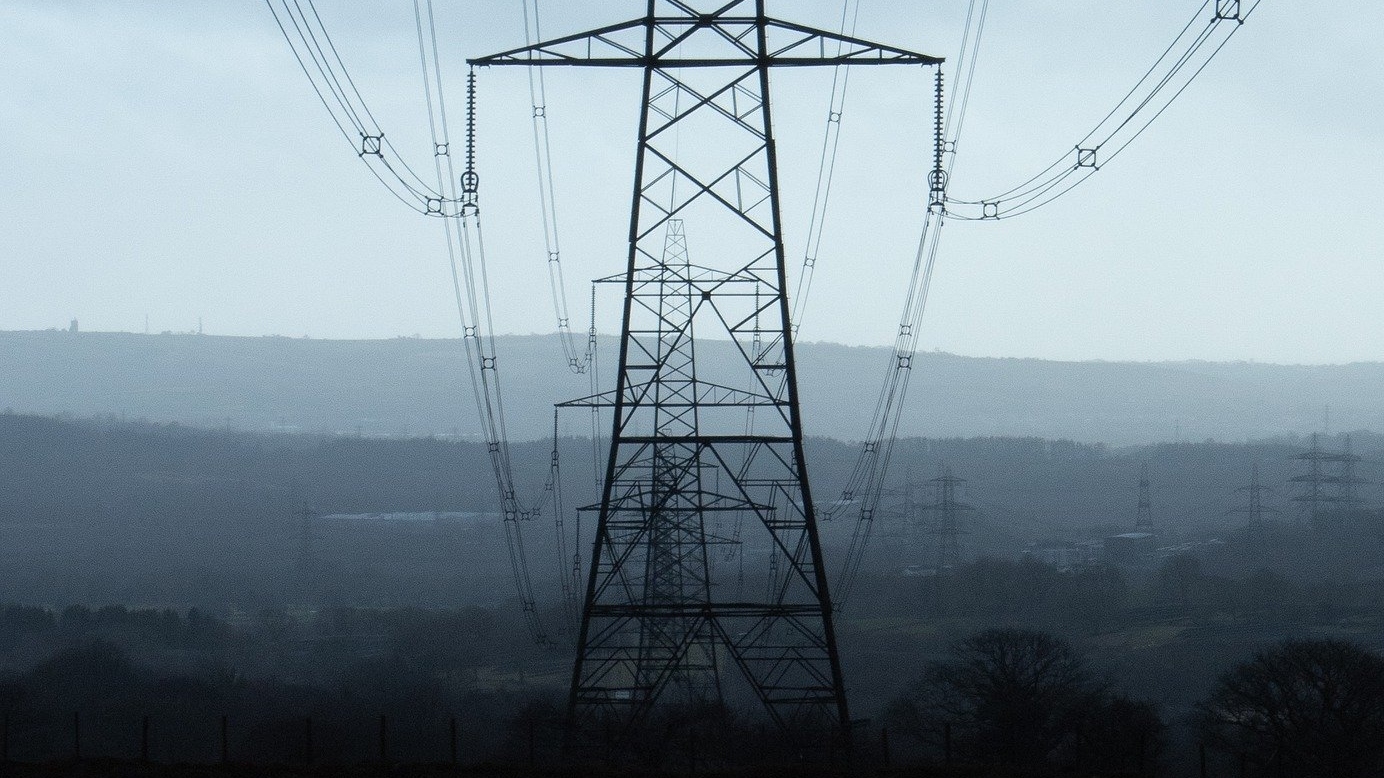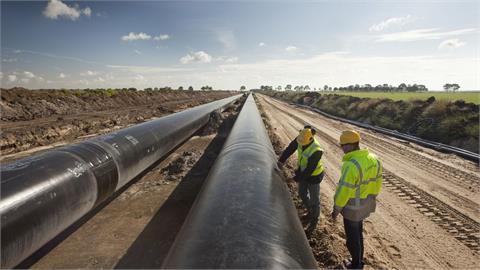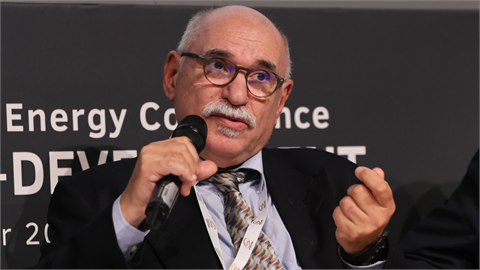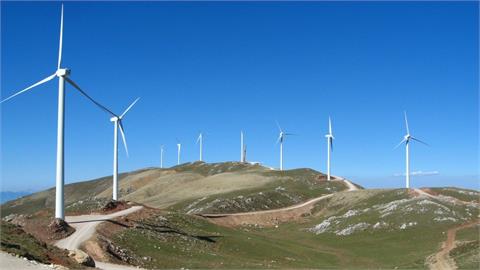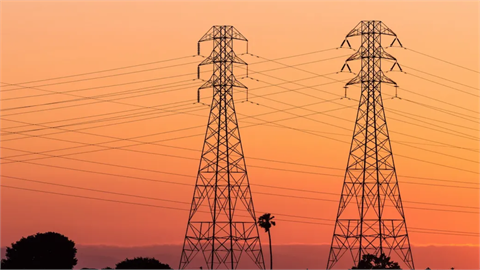According to IENE’s latest Monthly Analysis, “the current dramatic increase in electricity prices throughout the EU has proved the inadequacy of the current market design of the electricity market, mainly based on the marginal cost of the most expensive source which now is natural gas. This market design, known as “Target Model”, was adopted to enhance the development of renewables when the latter were at an initial stage”.
Now, as IENE’s analysis notes, “the energy crisis has underlined the need to decouple electricity prices from soaring gas prices and to adopt a new market model which distinguishes between resources that operate when available and not on-demand and on-demand resources, based on their respective contribution to the electricity mix. This could ensure roughly 50% of lower electricity prices, given that on-demand sources (such as natural gas, nuclear and coal) have a 60% share of the electricity mix, a share that will continue to decline as the energy transition accelerates”.
This latest IENE analysis among others discusses the need for redesigning the electricity market model and identifies the areas where realistic interventions can be made. In this respect the analysis considers the key electricity market design principles which need to be revised. Furthermore the Analysis discusses the EU emergency measures agreed so far to tackle the energy crisis and in this respect describes the new market model as currently applied in Greece, hence known s the Greek model, and how this might be applied in European markets.
As the IENE analysis points out Europe’s current design is a sequence of markets, some continent-wide, where electricity providers such as power plants meet retail suppliers, large industrial customers and others. Some deals are made months or even years before electricity is delivered, as suppliers and customers need clarity over revenues and costs. The reference price for electricity and for the settlement of many long-term agreements is set on the spot market, where the physical delivery of electricity is traded for the next day. Suppliers bid according to how much it would cost to provide an extra unit of power, known as its marginal cost.
The EU plans a “deep and comprehensive” reform of the existing electricity market in order to cope with an underlying energy crisis, which becomes worse following by Russia’s war in Ukraine. The measures include a cap on electricity producers’ profits that would raise €140 billion and “cushion” consumers from high prices. As the President of the European Commission Ursula von der Leyen recently said in her 2022 “State of the Union” address, “The current electricity market design – based on merit order – is not doing justice to consumers anymore. They should reap the benefits of low-cost renewables”.
As the IENE analysis concludes, “At present, the spot market efficiently allocates capacity and provides signals on energy scarcity, offering an incentive for investment in renewables and gas. But to guard against sustained shortfalls in capacity, and thus another price crunch, Europe’s energy markets must adapt. Long-term hedging markets are not very liquid, because consumers used to see little need for price security. In the future, they will probably see more”.
Read here the Monthly Analysis, September-October 2022 issue
